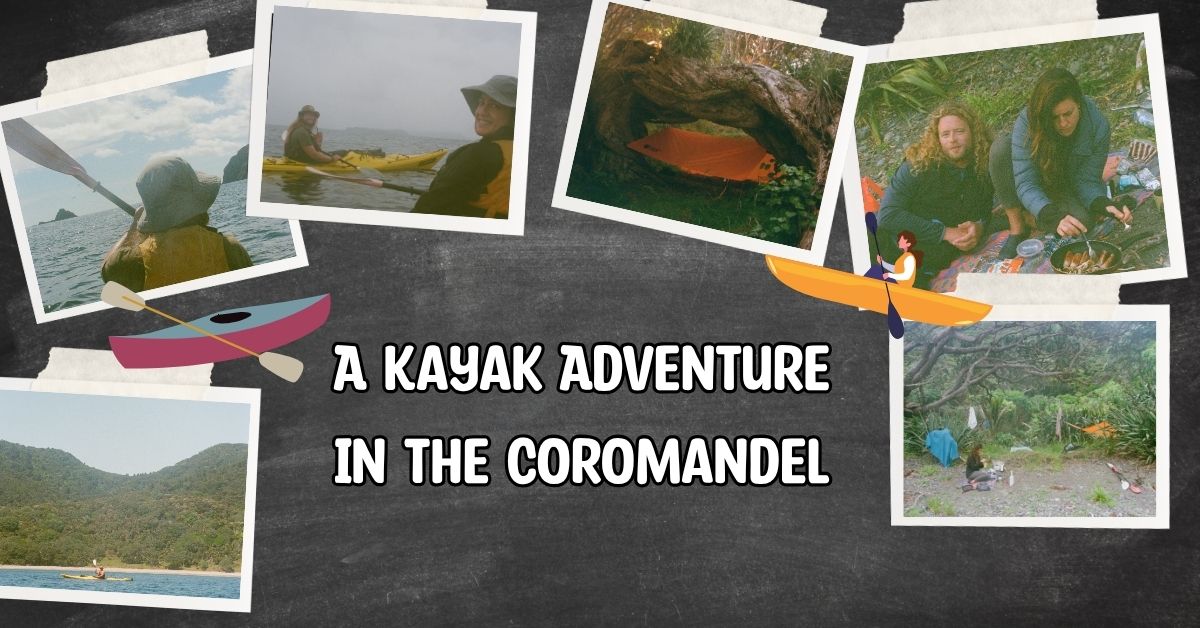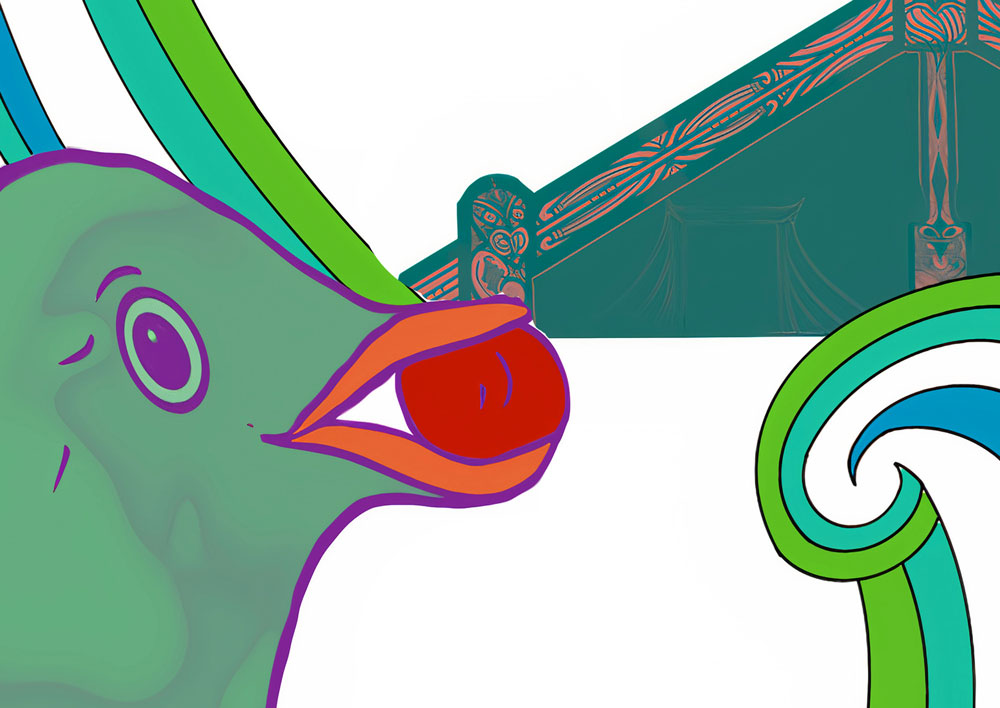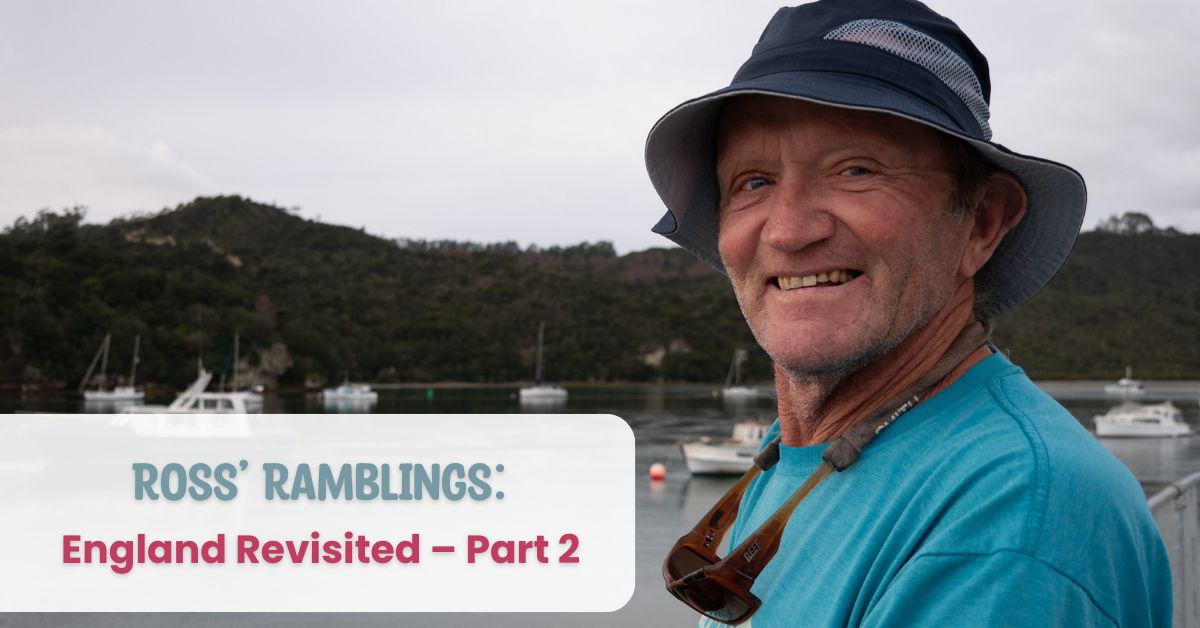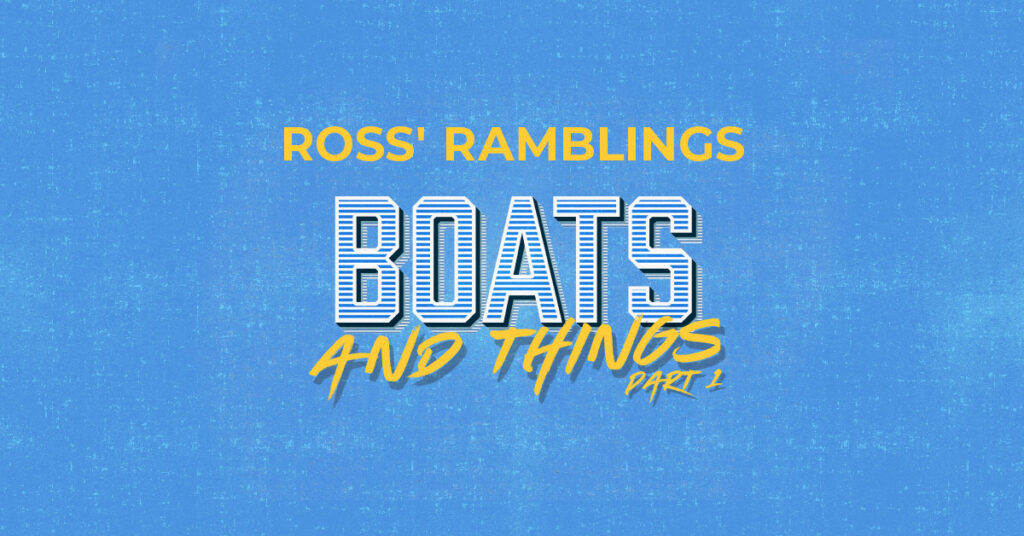
I guess, considering my bloodline and my early childhood experiences with boats, water craft of all kinds were always going to play an important role in my life.
My maternal grandfather ran away to sea at the age of 14 and walked back into the family home unannounced on Christmas Day seven years later. He eventually became captain of a Union Steamship Company steamer at the tender age of 27 until 15 years later in 1929 his ship was wrecked on the Catlins coast of the South Island.
I think the salty blood in his veins skipped a generation and was passed on to me and some of my siblings. My mother was a different animal. Boating wasn’t her forte as you can deduce from my first boating experience which nearly didn’t happen. I was six months old and my parents were embarking on an ocean liner in London bound for Sydney on their return journey to NZ. On reaching the top of the gangplank, my father turned to my mother and asked, “Where’s Ross?” She had left me in my carrycot on the dock with their luggage, which the porters were to carry on board. Of course, she raced down and retrieved me before I was whisked off by an opportunistic kidnapper to be sold to some childless Middle Eastern sheikh or in an African or European slave market. How different my life might have been.
My father always had some sort of small craft, either a dinghy or a fizz boat, but he wasn’t great on safety or maintenance, a limitation he unfortunately passed on to his children. I remember at a very young age being allowed to sail a tiny P class yacht out onto Lake Rotoiti without a weather check, a lifejacket, or safety lines to secure various bits of vital equipment in case of capsize. One day I decided to sail to my friend’s house about three or four kilometres away and of course the inevitable capsize occurred in the middle of the lake. Unattached bits of boat began to float away in the strong wind. One useful thing my father had said came to my mind, “Never leave the boat.” So, I scrambled onto the upturned hull and watched the tiller, rudder and centreboard float off down the lake. I was about eight or nine years old and didn’t have a clue what to do so I just sat there cold and wet and tried not to panic. As luck would have it, a boat, captained by an old gentleman, who had seen the drama unfold from shore through his binoculars, soon came to my rescue. On reaching the safety of our jetty, he spoke with my father hopefully giving him an earful about the dangers of slack safety procedures on the water.
A short while later, I was sailing with another friend on his small yacht on Auckland Harbour. It was a beautiful day but unfortunately the wind decided to go on holiday and we were becalmed. We were only a kilometre away from shore but for some reason dark thoughts of being trapped forever on a windless ocean devoured my child’s mind and I panicked and lost it completely. Of course, the wind eventually returned and we were able to reach shore but it is still a very vivid memory and sometimes I wonder, as a more experienced sailor in my seventies, how I would react if caught in a life-threatening cyclone. I hope the panic I felt as a nine year-old wouldn’t revisit me.
A few years later, when I began learning to surf, my first life-threatening experience really did occur. It was before the days of leg ropes and if you wiped out you swam in to retrieve your board. Again, a lack of experience and knowledge of safety in the surf combined to put me in another precarious situation. After wiping out, a strong rip swept me out and of course I tried to swim against it, desperate to reach dry land, not realising that I should have swum across the rip to get out of it before heading in. After struggling for 30 or so minutes without getting even a metre closer to the beach, I was finally helped in by another surfer.
Here in Whitianga, I see people all the time tempting fate by not wearing life jackets in small craft, or paddling kayaks out to sea in an offshore wind forecast to strengthen, or letting their children swim in the powerful shore break, or unaware of the presence of rips – making the same mistakes I made before being jolted into reality by hard experiences and learning how to survive in the water. I guess I have been one of the lucky ones.
To be continued …
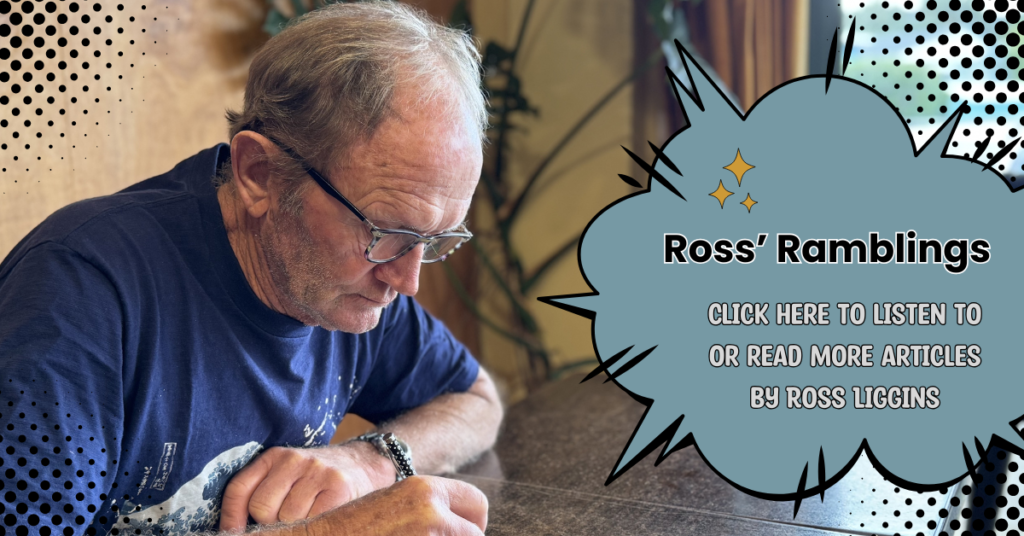
Coromind: Coromandel’s Collaborative Magazine

Help us take Coromind Magazine to new heights by becoming a member. Click here
Change the Weather for Your Business: Advertise with Us.
Advertise your business in the whole Hauraki Coromandel in the coolest Coromandel Art Magazine, from Waihi Beach/Paeroa /Thames up to the Great Barrier Island.
Advertise Smarter, Not Harder: Get in Touch



